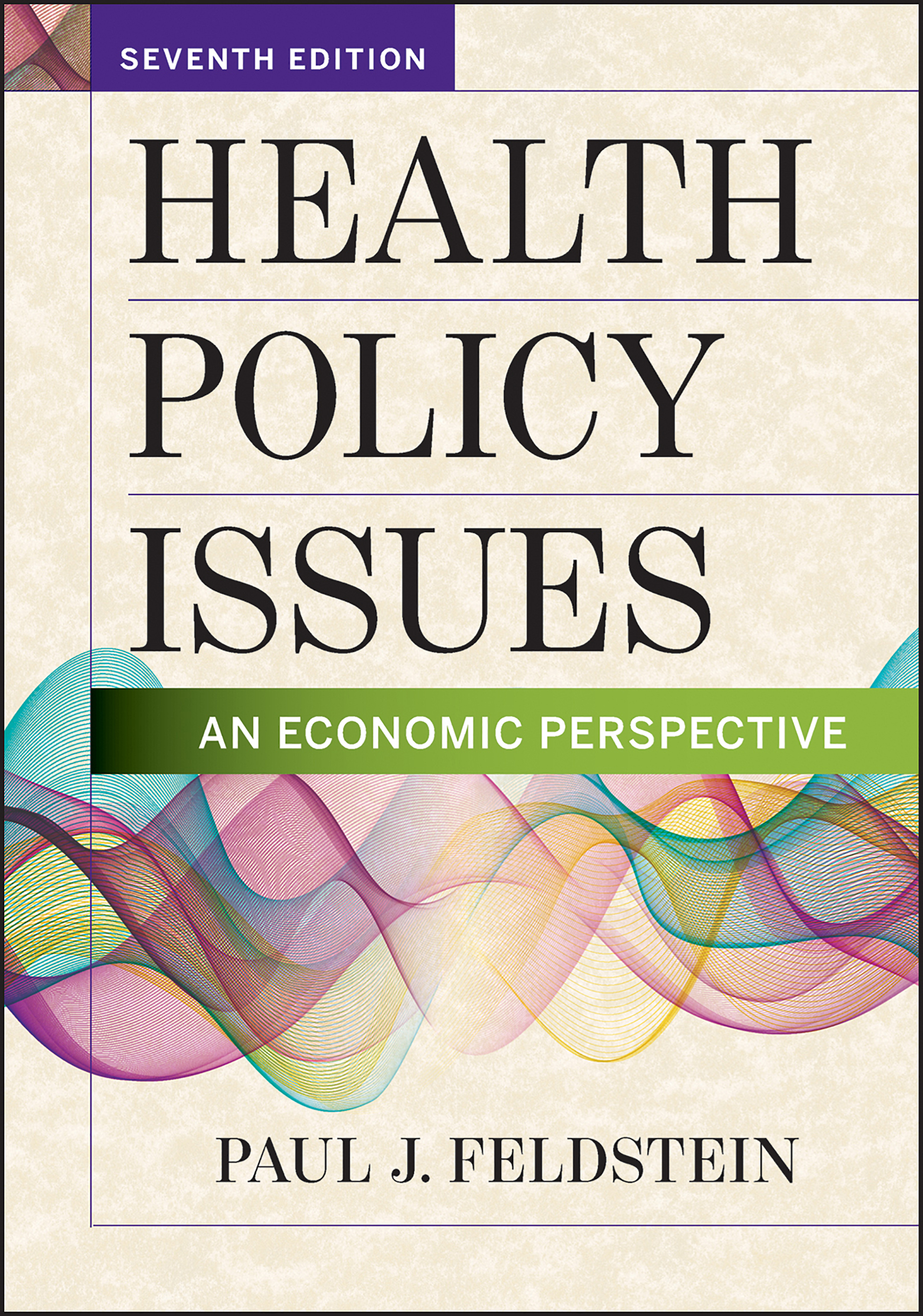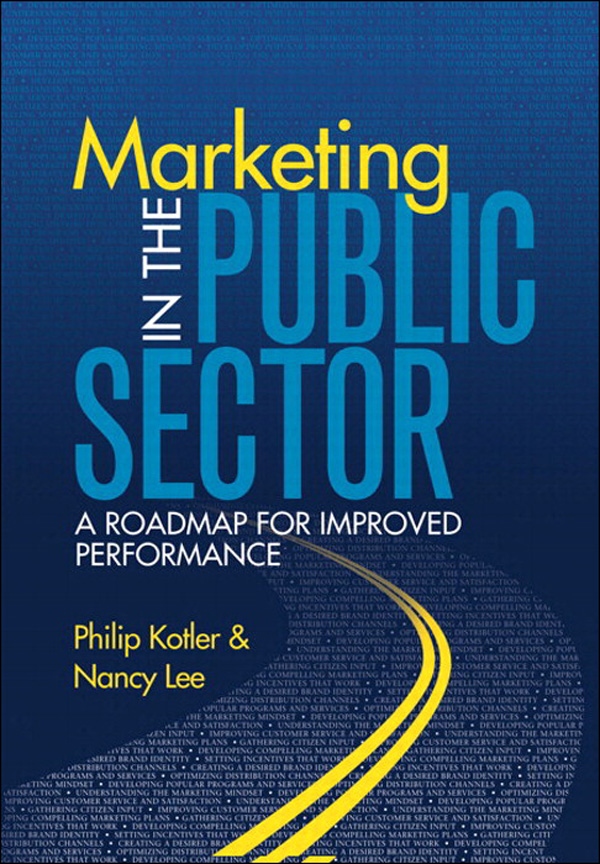Instructor Resources: Test bank, PowerPoint slides, discussion points for the book’s end-of-chapter discussion questions and additional questions and discussion points, teaching tips, chapter overviews, and a transition guide to the new edition. Healthcare affects the lives of most Americans and absorbs a large portion of the United States’ resources. It also is continually debated, prompting ongoing legislative changes and market restructuring. One of the best ways to understand healthcare, in all its complexity, is from an economic perspective-that is, from the perspective of the financial self-interest of all involved parties. Health Policy Issues: An Economic Perspective takes just such an approach. Renowned author Paul J. Feldstein describes the forces that press for change in healthcare and explains why the US health system has evolved to its current state. This book’s 38 concise, issue-oriented chapters cover various aspects of the US health system, including the cost of medical care, health insurance, Medicare and Medicaid, physician and nursing shortages, medical school admittance, malpractice reform, prescription drugs, and more. Throughout, the book integrates information about the most significant health policy enacted in many years-the Affordable Care Act (ACA). Discussion questions, key points, and further readings round out every chapter. Thoroughly revised and updated with current data and research findings, this seventh edition includes new and expanded content on the Medicare Access and CHIP Reauthorization Act, physician malpractice reform, employee health benefits, generic drug shortages, political versus economic markets, and much more. The updated content includes three new chapters: “Should Profits in Healthcare Be Prohibited?” discusses the role of profits and the consequences of eliminating profit. “Health Associations and the Political Marketplace” focuses on the types of legislation demanded by different health associations and explores the economic self-interest of each association’s members and policy preferences. “The Affordable Care Act: Did It Achieve Its Goals?” examines one of the most important objectives of the ACA-to reduce the number of uninsured Americans-and complements the ACA coverage throughout the book. For 25 years, Health Policy Issues: An Economic Perspective has been highly regarded in the field of health policy. By illuminating the intersection of economics and policy, this topical book helps readers gain a better understanding of the ever-changing and multifaceted healthcare delivery system.












